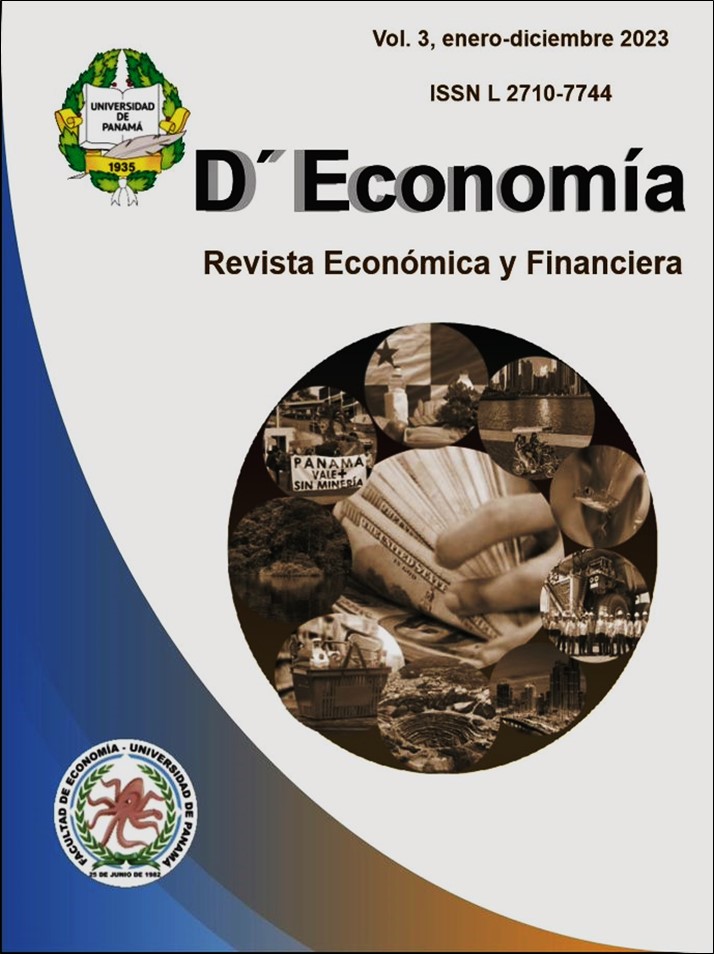

This article presents a social approach to the reform process of health models that Latin America and Panama have undergone. The reform process has been slow and has gone through various stages, going from an initial orientation of integration of the Health System, going through the search to increase the coverage of health care, improve the quality, efficiency and effectiveness of the health care, introducing new concepts such as decentralization, separation of functions between the Ministries of Health and Social Security, participation and social control, until modifying the obligation of the State to guarantee health care, (that is, that the The State becomes an intermediary agent between workers and companies that provide private services in some cases and in others, an intermediary with public companies and cooperatives). Until arriving at proposals such as reform of the care model, reform in the management model, and reform in the financing model.
We conclude that the problems in the health care model, stage a process of rapid deterioration of the quality, efficiency and effectiveness of health services; as well as the financing problems, a poorly qualified management model, affected by the increase in costs, deterioration of monetary purchasing power, deficiency in the allocation of resources, lack of social planning, and by the presence of monopolies and oligopolies that induce raise the costs of medicines, supplies and surgical medical equipment and why not point it out that it encourages corruption; at the end of a bad approach to preventive medicine, which contributes to raising health costs.